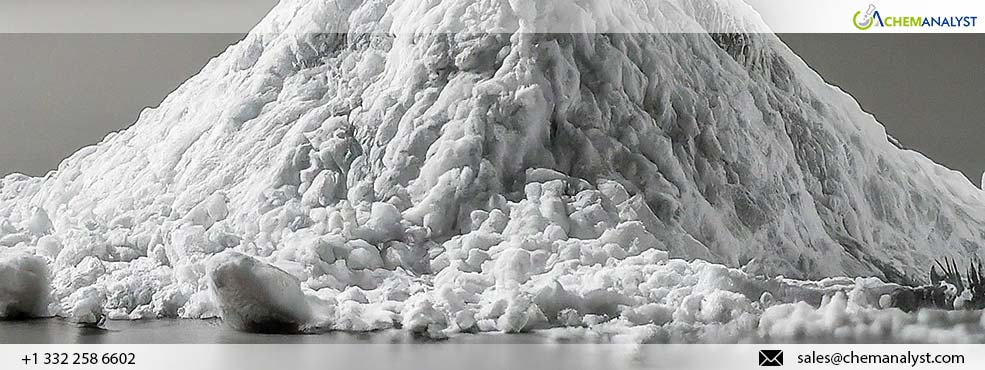Welcome To ChemAnalyst

The Polyvinyl Alcohol (PVA) market in Germany has shown stable trends with a slight rise due to firm cost support from Chinese imports and higher domestic production values, given stable Vinyl Acetate Monomer (VAM) prices and adequate downstream demand. Market stocks were sufficient to meet this demand. The downstream textile industry's demand is mixed, with wholesale deals declining and retail sales rising.
The European Central Bank (ECB) cut interest rates by 25 basis points to 3.75%, following similar actions by Canada, Sweden, and Switzerland. The Eurozone Manufacturing PMI was revised to 45.8 in June 2024 from a preliminary 45.6, still below the average of 51.6, with output contracting at the fastest rate this year. PVA New orders, purchasing activity, and employment declined more rapidly. Input costs rose for the first time since February 2023, and output charges decreased at the slowest rate in over a year.
PVA Import prices from China increased this week, raising overall import costs. Escalating violence in the Red Sea amid the Israel-Hamas conflict could impact shipping capacity, leading to bottlenecks, delays, and capacity PVA shortages. An industry-wide capacity loss of 15-20% is estimated for Q2 on the Far East to North Europe and Mediterranean market. Efforts to boost reliability include faster sailing and adding capacity, but war risk insurance premiums have surged.
PVA prices are expected to rise amidst strong downstream and international demand. The Red Sea crisis disrupts global PVA supply chains, particularly affecting Asian markets. Domestic production remains strong, meeting high downstream demand, especially from textiles. PVA feedstock VAM prices have stayed stable due to steady production costs, though a potential rise is anticipated due to heightened risks from Houthi activity. PVA Ocean freight rates from Asia to Europe are rising as vessel capacity tightens. Efforts to counter longer transits via southern Africa face challenges.
The Red Sea situation has intensified, expanding the risk zone and forcing PVA vessels to reroute around the Cape of Good Hope, increasing delivery times and costs.
Sentiment among German companies deteriorated in June, with the ifo Business Climate Index dropping to 88.6 from 89.3 in May. The PVA prices decline is due to pessimistic future expectations, though current situation assessments remained unchanged. The German economy struggles with stagnation. The PVA manufacturing sector saw a business climate decline after three months of improvement, with scepticism about the future due to decreasing order backlogs. The trade sector experienced significant business climate deterioration, affecting both wholesalers and retailers equally.
We use cookies to deliver the best possible experience on our website. To learn more, visit our Privacy Policy. By continuing to use this site or by closing this box, you consent to our use of cookies. More info.
